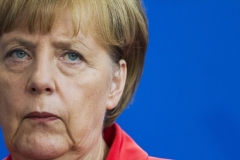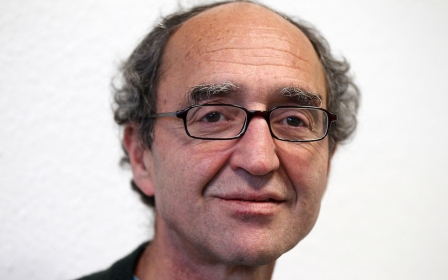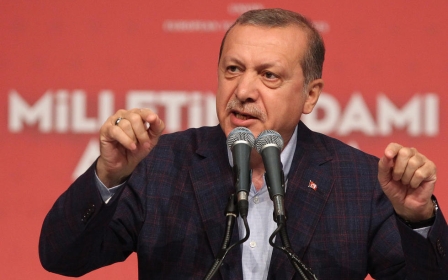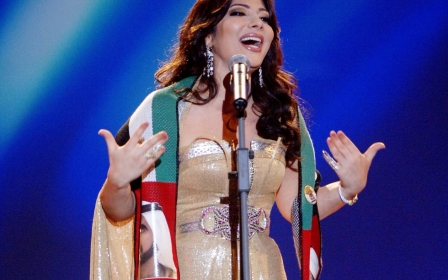Merkel says Turkey must not 'misuse' Interpol in writer's case
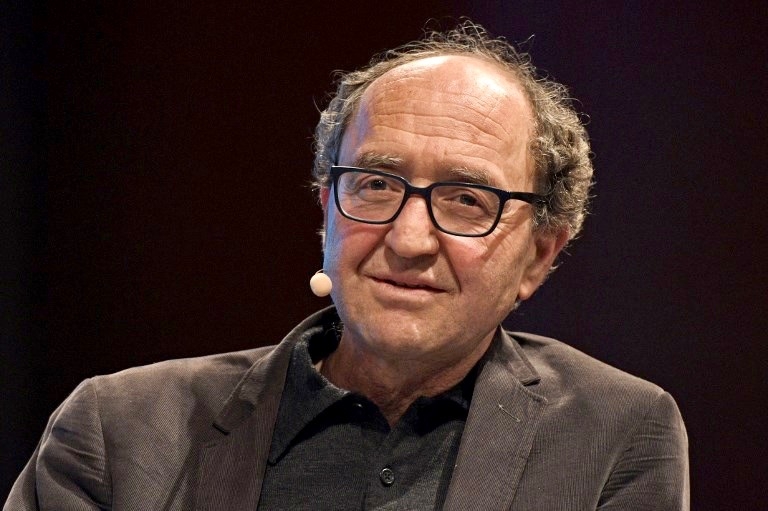
German Chancellor Angela Merkel on Sunday warned Turkey not to "misuse" Interpol to pursue its critics after a Spanish court ordered the conditional release of a Turkish-German writer wanted by Ankara.
Dogan Akhanli, who writes about Turkey's human rights record, was arrested on Saturday while on holiday in Granada on an Interpol red notice, similar to an international arrest warrant, from Ankara.
"It is not right and I'm very glad that Spain has now released him," said Merkel about the latest case of a German citizen being pursued by President Recep Tayyip Erdogan's government, adding that countries "must not misuse international organisations such as Interpol".
Relations between Turkey and Germany, home to three million ethnic Turks, have been badly strained, particularly after a failed coup against Erdogan a year ago and a subsequent crackdown on alleged plotters, as the latest case threatens to further damage ties between the fellow NATO members.
Cologne-based Akhanli, who has previously been jailed in Turkey before being granted political asylum and citizenship in Germany, was released by the Spanish court on condition he stay in Madrid while authorities await the formal extradition request from Turkey.
German Foreign Minister Sigmar Gabriel also greeted the writer's release and said "it would be terrible if, even on the other side of Europe, Turkey succeeded in having people who raise their voices against President Erdogan arrested".
Merkel has been more muted in her criticism of Erdogan than some other German politicians, as critics have charged her with being beholden to Erdogan because of Turkey's role as a buffer against a renewed flood of Syrian war refugees arriving in Europe.
Merkel said it was "unfortunately one of many cases" of Turkey pursuing German citizens, mentioning Turkish-German journalist Deniz Yucel of the Die Welt newspaper, who faces trial on terror charges.
Such cases have led Germany to "massively change" its Turkey policy, Merkel said, speaking at a TV forum with voters, and referring to stepped-up travel warnings and moves likely to dampen new investment in Turkey.
In Turkey, Erdogan called on Turkish-origin Germans to give a "slap" to both parties in Merkel's ruling coalition in 24 September elections.
Erdogan has caused consternation in Berlin by urging ethnic Turks in Germany to vote neither for Merkel's Christian Democratic Union (CDU) nor its coalition partner the Social Democratic Party (SPD) or the Greens.
Defiantly returning to the controversy for a third day in a row, Erdogan called on ethnic Turks to reject the "enemies of Turkey".
"Be with those who are friendly to Turkey. Don't worry if it's a small party, give them your vote. They will then grow and get bigger."
He did not specify which parties the Turkish community in Germany should vote for.
Gabriel, a senior member of the SPD, had bitterly denounced Erdogan's remarks as an "unprecedented act of interference" in Germany's sovereignty.
Merkel on Sunday said the tactic was "absolutely unacceptable".
Austria's Foreign Minister Sebastian Kurz also condemned "the constant interference by Erdogan in the internal affairs of other states".
"President Erdogan is trying to instrumentalise ethnic Turkish communities, especially in German and Austria," he told Die Welt am Sonntag newspaper.
German Green MPs have long taken up the cause of Akhanli, saying he is a victim of political persecution.
He was jailed in Turkey from 1985 to 1987 before moving to Cologne in the 1990s and becoming a German citizen in 2001.
Akhanli has written about the sensitive historical mass killing of Armenians under the Ottoman Turkish empire.
Half a million to 1.5 million Armenians were killed between 1915 and 1917, in a bloodletting that Armenia and Western historians describe as genocide.
Turkey vehemently objects to the term, saying that 300,000 to 500,000 Armenians and as many Turks died in civil strife when Armenians rose up and sided with invading Russian troops.
Akhanli was arrested again in 2010 when he arrived at Istanbul airport for a visit, on charges he was allegedly involved in a 1989 armed robbery, and held for four months.
He was released after being declared innocent, but an appeals court later ordered new proceedings against him.
New MEE newsletter: Jerusalem Dispatch
Sign up to get the latest insights and analysis on Israel-Palestine, alongside Turkey Unpacked and other MEE newsletters
Middle East Eye delivers independent and unrivalled coverage and analysis of the Middle East, North Africa and beyond. To learn more about republishing this content and the associated fees, please fill out this form. More about MEE can be found here.


